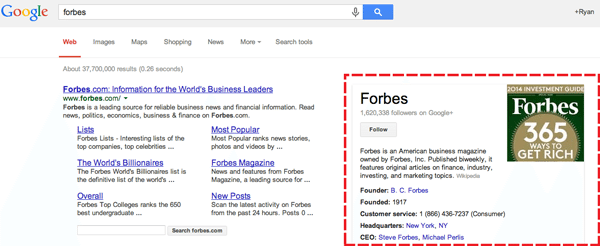Google made sure that 2013 was an eventful year in the SEO world. Though critics claim that SEO is dead, 2013 proved that SEO is nowhere near dying, but rather evolving. Google is expecting more out of websites than they ever have. Websites that are investing in SEO and building natural and diverse link profiles are being rewarded.
Here is a list of the major updates that took place during 2013 and what each of them mean for website owners.
Panda #24 – January 22, 2013
Panda #25 – March 14, 2013
Penguin 2.0 – May 22, 2013
Hummingbird – Announced Sept. 26, rolled out late August
Penguin 2.1 – October 5, 2013
Panda Updates – January and March 2013
History: Panda originally released in February of 2011.
Purpose: Developed to penalize sites with little or poor content and reward sites that published unique, high quality content.
Two updates to Panda were released in the first quarter of 2013. The January 22, 2013 Panda update was officially announced by Google via Twitter. The March 14, 2013 Panda update was not officially announced. In fact, Google announced that they will no longer officially confirm any future Panda updates. Around this time, a Google spokesperson told SearchEngineLand.com:
“I don’t expect us to tweet about or confirm current or future Panda updates because they’ll be incorporated into our indexing process and thus be more gradual.”
It is clear that the updates penalizing poor content will continue to come from Google— but we have not and will not hear directly from Google if Panda (or any iteration of Panda) strikes again.
Penguin 2.0 – May 22, 2013
History: The original Penguin update was released in April of 2012.
Purpose: The Penguin update is considered the “Webspam Update” or “over-optimization penalty.” Google considers links that are created purely to “game the system” as spam. Link farms, purchased links, and other unnatural tactics are the targets of the Penguin update.
The May 22, 2013 Penguin update went deeper than the original release of Penguin toward fighting websites with spammy links. Google considered this update big enough to actually refer to it internally as “Penguin 2.0” which says a lot, considering that Google usually downplays or denies the actual impact of most algorithmic updates.
Hummingbird Update – Released August 21-22, 2013 – Announced September 26, 2013
History: The update was announced on September 26, 2013 but was actually rolled out about a month prior to the announcement.
Purpose: Hummingbird was an entire algorithm change. As referenced in our blog post about Hummingbird, the update was not necessarily meant to penalize websites, but rather rewards sites that answer searchers’ questions. This effort is evident in Google’s use of semantic search offering (seeking to understand searcher intent) and the knowledge graph. Here is an example of the knowledge graph:

Penguin 2.1 – October 5, 2013
History: Matt Cutts officially announced the release of Google 2.1 via twitter on October 13, 2013. This particular tweak to the Penguin algorithm update was not as large as 2.0 but was still significant enough to be named by Google.
Purpose: The release continues to advance the original purpose Penguin, the penalizing of bad/unnatural links. If you think your website has been negatively impacted by Penguin there are ways to evaluate your website’s links. A recent post on our blog outlines how to evaluate your link profile.
In terms of algorithmic updates, it sure has been an eventful year. However, many of these changes were predicted, and their release did not surprise industry experts. Google has proven (and will continue to prove) that they will stop at nothing to refine and strengthen their powerful search tool. A benevolent dictator of sorts, the search mogul will stop at nothing to give its users a great experience, every time. You can bet on 2014 to have a comparable list of updates and changes that will change the face of SEO, user experience and the internet at large.
If you are wondering where your website stands after the 2013 updates be sure to get a free website analysis. We also offer a free consultation that enables you to talk to an online marketing expert about your website with no obligation. Here is to a successful 2014 for your business!
